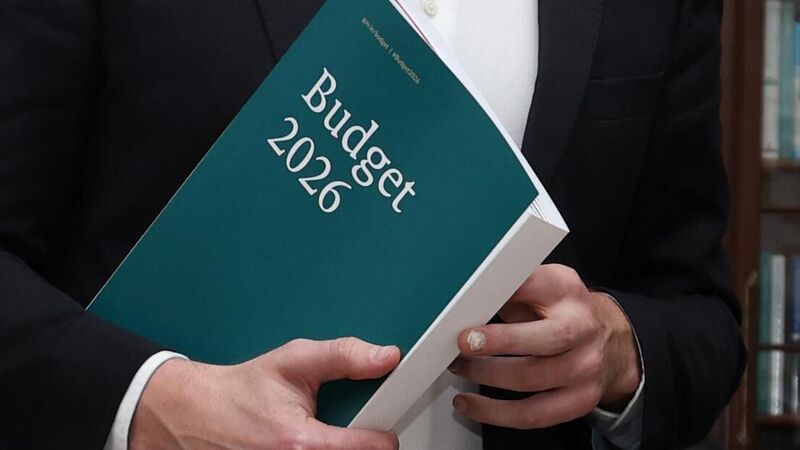Average household incomes will fall 2% after Budget 2026

For higher income households, it said the freeze on tax bands and credits will amount to an effective tax rise if wages grow at their forecasted rate of 3.7% in 2026. Picture: Sasko Lazarov/RollingNews.ie














